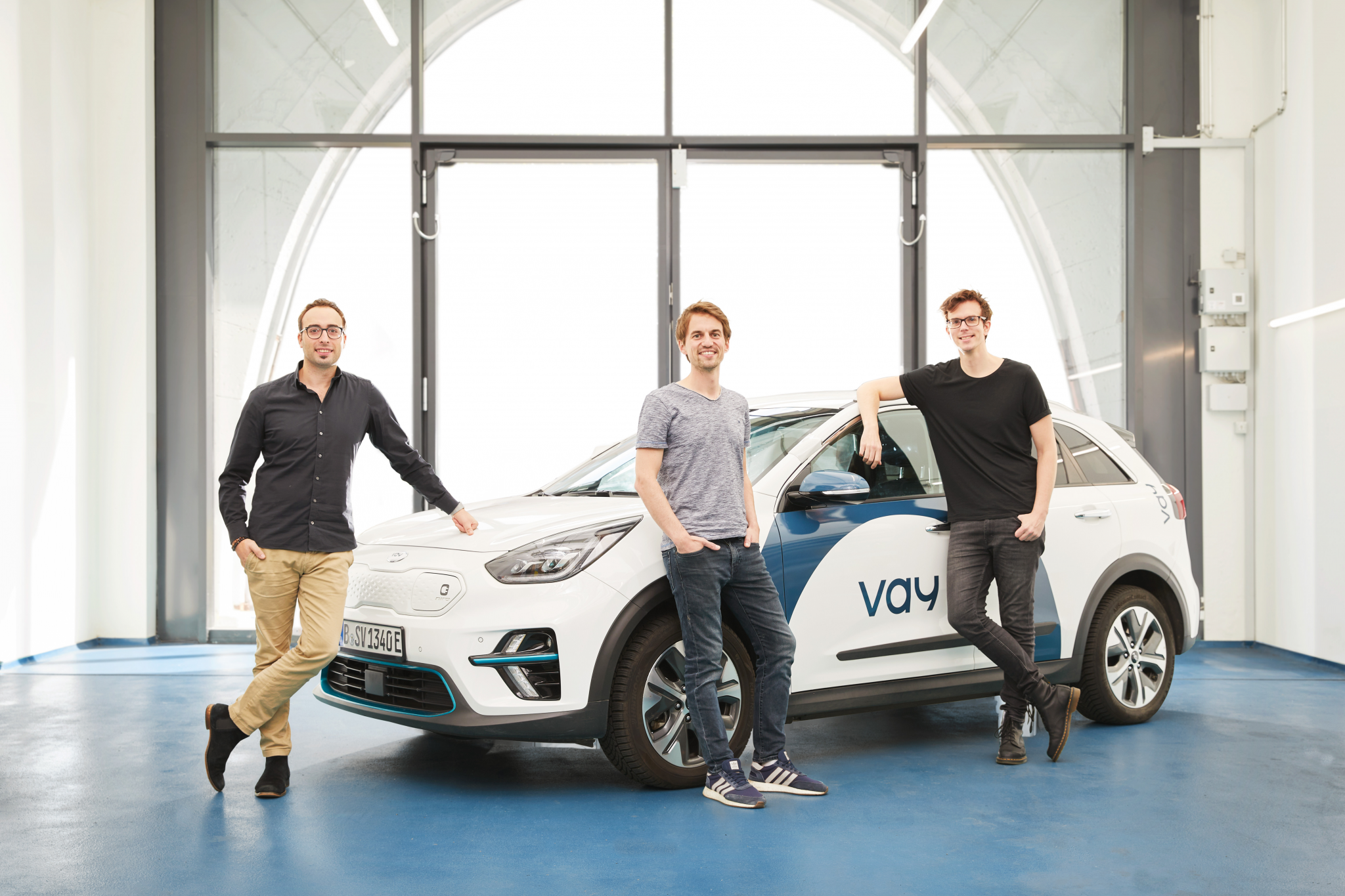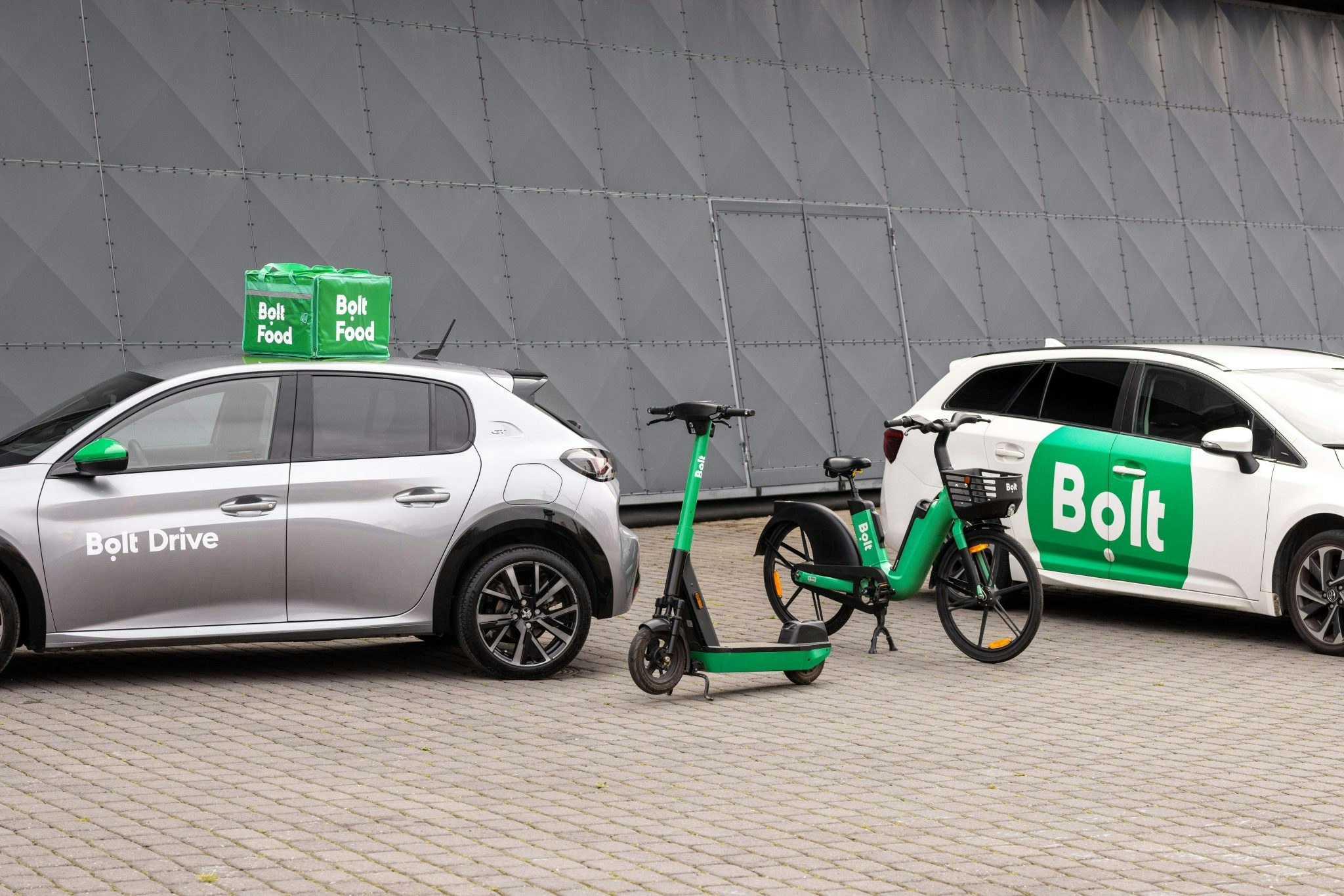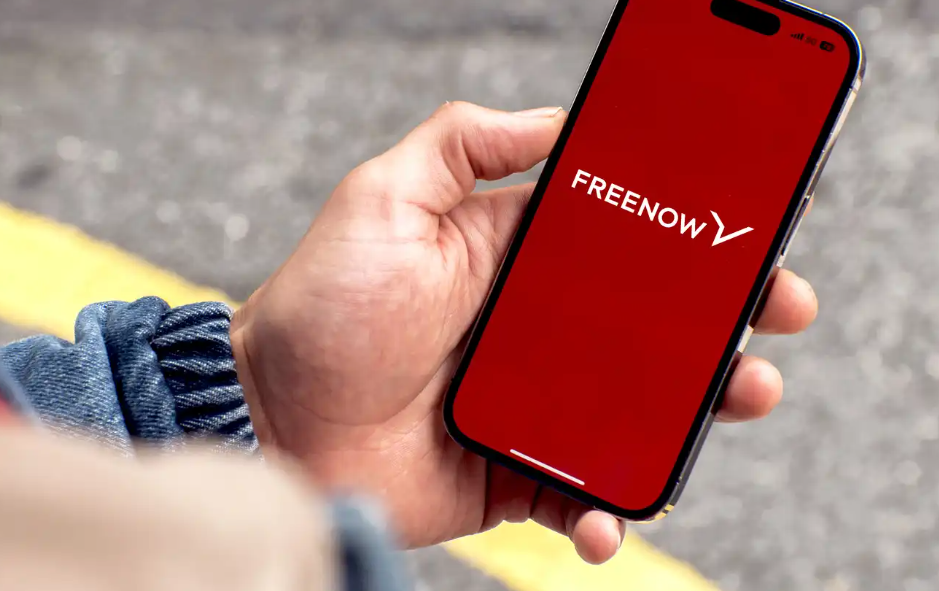French unicorn Blablacar has secured a €100m revolving credit facility to fund more acquisitions as the company looks to strengthen its presence in its 21 existing markets.
The news arrives just as the online ridesharing platform, which is present in countries ranging from France and Spain to Brazil, India and Mexico, announces it has reached profitability after a rocky couple of years due to the Covid-19 pandemic.
“We’ve done ten acquisition operations already [since launching in 2006],” says CEO Nicolas Brusson. “Initially, we acquired small companies to launch in new markets.”
“Now, the strategy focuses on expanding our product in several of our markets in parallel.”
The loan was secured thanks to a consortium of banks including France’s BNP Paribas and Société Générale, as well as international banks Citi, JP Morgan and HSBC.
It comes amid a favourable market that is seeing more companies with healthy financials relying on debt funding to make some acquisitions. “This type of non-dilutive debt, where we can access however much we want, whenever we want, is very flexible to enable growth through acquisitions,” says Brusson.
Fast-growing markets
Blablacar, which is valued at $2bn, became one of France’s first unicorns in 2015 and is a household name in the country, where it counts 20m subscribers.
Through its carpooling marketplace, drivers can sell empty seats in their cars for trips they are planning to passengers who are looking for a lift and travelling in the same direction — a particularly popular offering for rides between cities that aren’t well-served by train or bus lines.
For the past few years, the company has been working towards adding other modes of ground transportation to the app, starting with buses.
This means that Blablacar acts as a booking platform for local transportation operators. For now, the company is focusing on connecting to bus networks in every country where it operates, says Brusson, but further down the line the company will start working on trains as well, starting with Europe.
“The idea is to be a platform where the user inputs a point A and a point B, and we provide the most complete journey,” says Brusson.
“It could be train, bus, carpooling, or a mix. Our business model is to create a product that connects all this inventory to final users who make the reservation on the app.”
To enable this, in 2019 Blablacar already acquired Russian company Busfor, a leader in bus ticketing in Russia and Ukraine, and French bus operator Ouibus.
Brusson says that more will follow. “We are looking at aggregators and online travel agencies for buses and trains,” he says. “Any distribution technology around ticketing will enable us to accelerate in a given market.”
In the near term, most growth opportunities are likely to come from outside of Europe, says Brusson, in countries where bus ticketing is still largely offline — meaning there is space for an online booking platform that aggregates offers from all local providers.
In Brazil — which is Blablacar’s largest carpooling market — the CEO says that there are about 300 bus operators, yet few online offerings for ticketing.
“These are the markets where we expect the most growth, specifically from bus ticketing services,” says Brusson. “Clearly our focus for M&A growth will be outside of Europe.”
Brusson says that the new credit could fund up to a handful of operations.
Reaching profitability
Blablacar says that it has been profitable for 24 months, and the company recorded 29% growth in revenue in 2023 to reach €253m.
This is partly because the company is only starting to monetise some of the markets it launched between seven and ten years ago, including Germany, Italy, Poland, Romania and Hungary.
“It’s a model that takes time,” says Brusson. “First you create usage and trust in the community, then you introduce online payment, and that’s when we start making revenue.”
Blablacar doesn’t earn any revenue yet from ridership in India and Brazil, two of its biggest and fastest-growing markets, which both launched in 2016.
The company has also reported 23% growth in its user base, with 80m passengers booking a bus or a carpool ride on the app in 2023.
This follows two difficult years in 2020 and 2021, during which ridership fell significantly due to the Covid-19 pandemic. Revenue fell from €130m in 2019 to €80m in 2020, while losses stood at around €50m.
Blablacar has not disclosed the loss it made in 2023.
Taking Blablacar to the next level
In 2021, Blablacar raised a $115m convertible note, both to fund M&A operations and to support the company financially through the pandemic.
But Brusson says that most of that money was kept untouched: as companies’ valuations soared, Blablacar made very few acquisitions, while ridership started picking up again in 2022, earlier than expected.
“We’ve been profitable for two years and we already had a lot of cash available,” says Brusson. “So today, we have a cash deployment capacity for acquisitions that is much higher than €100m.”
Brusson hopes that acquisitions will help the company scale to the next level. But while it was previously reported that he had hoped that Blablacar might be in a position to IPO in 2023, the CEO says that a public listing isn’t on the cards in the short or medium term.
“We have a $2bn valuation,” he says. “With this type of market cap, you don’t really exist at the European level, and you don’t exist at all at the global level.”
“We still need to reach a certain number of passengers and a certain amount of revenue to represent the ground transport thesis at a global scale.”



